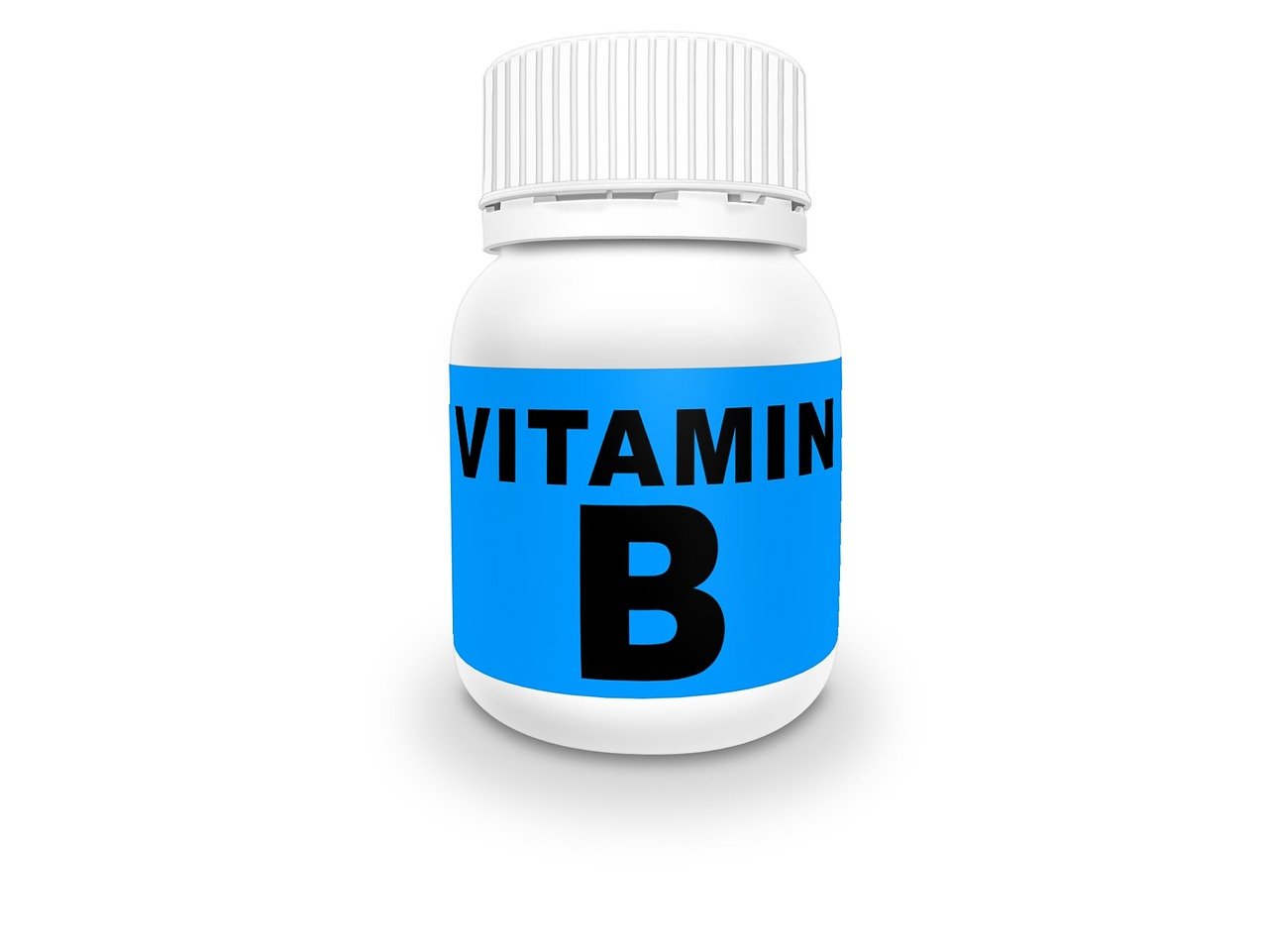Among the vitamins that act as natural fat burners, you will find one that has a wide range of applications. A vitamin that is not as popular as vitamin C or D, but because of its extensive types and kinds, it carries a wide range of applications. We are talking here about vitamin B.
Vitamin B … meaning?
Vitamin B6 was discovered in 1934 by Paul Gyorgy – an American biochemist. He was also responsible for the discovery of other vitamins such as riboflavin (vitamin B2) and biotin (vitamin H). Vitamin B6 is referred to as pyridine-derived compounds, such as pyridoxine, pyridoxal and pyridoxamine. So, to be precise, vitamin B is a group of water-soluble vitamins that consists of eight different types, which include:
- Vitamin B1, which is a heterocyclic chemical compound composed of a thiazole and a pyrimidine ring joined by a methylene bridge.
- Vitamin B2, which is an organic chemical compound, a combination of ribitol and flavin, which functions in the human body as a vitamin, the deficiency of which can cause disorders of the nervous system and inflammation of the mucous membranes.
- Vitamin B3, the collective name for two compounds: nicotinic acid and its amide, which to humans is a vitamin,
- Vitamin B5, a compound that is essential for every living cell but is rarely found in nature in its free state,
- Vitamin B6, a group of 6 organic compounds, pyridine derivatives: pyridoxine, pyridoxal and pyridoxamine and their 5′-phosphates.
- Vitamin B7, which is a heterocyclic organic chemical compound of the vitamin B group that contains a system of condensed rings – an imidazolidine ring and a thiolate ring with an alkyl chain ending in a carboxyl group,
- Vitamin B9, which is an organic chemical compound from the vitamin B group that is synthesised in the human body by intestinal bacteria,
- Vitamin B12, which is an organic chemical compound containing cobalt as the central atom. In living organisms it acts as a regulator of erythrocyte production
It is also worth noting that Vitamin B is absorbed from the digestive tract into the bloodstream, where it is used for current needs and stored in the liver, brain, kidneys and muscles in the form of pyridoxal phosphate. In the form of a coenzyme, this compound is involved in the metabolism of amino acids and is a component of almost 100 enzymes involved in biochemical changes in our body.
Effect of vitamin B
Vitamin B, one of the water-soluble vitamins, is essential for the production of approximately 100 enzymes responsible for biochemical processes in our body. Its presence also determines the proper functioning of the nervous system. Deficiency of this vitamin has been linked to the onset of neurological diseases that result from the premature ageing of neurons. In addition, the presence of vitamin B6 promotes good mood, which is why it is often used in supplements and slimming patches. This is all because it is involved in the synthesis of serotonin, a deficiency of which is often found in people struggling with depression and reduced mood. In addition, this compound regulates cysteine levels in the body, which in excess can lead to the development of atherosclerosis.
Vitamin B, one of the water-soluble vitamins, is essential for the production of approximately 100 enzymes responsible for biochemical processes in our body. Its presence also determines the proper functioning of the nervous system. Deficiency of this vitamin has been linked to the onset of neurological diseases that result from the premature ageing of neurons. In addition, the presence of vitamin B6 promotes good mood, which is why it is often used in supplements and slimming patches. This is all because it is involved in the synthesis of serotonin, a deficiency of which is often found in people struggling with depression and reduced mood. In addition, this compound regulates cysteine levels in the body, which in excess can lead to the development of atherosclerosis.

Vitamin B for weight loss … how does it work?
Vitamin B has a wide range of applications, but in our case it is of great interest because of its properties as an effective fat burner. This is because it is involved in amino acid metabolism. This role involves the conversion of tryptophan into niacin, or vitamin PP.
In addition, vitamin B is involved in the metabolism of fats, carbohydrates, proteins and the hormones responsible for stimulating the nervous system – the aforementioned serotonin and adrenaline. Moreover, pyridoxine is involved in the conversion of linoleic acid into arachidonic acid and participates in the synthesis of glycogen – the energy reserve. This compound also allows the conversion of stored glycogen into glucose, the body’s main source of energy. This multidirectional action makes it easier to lose excess weight.
When thinking of vitamin B as the answer to the question „how to lose weight fast”, it is therefore useful to know its dosage. Well, due to the participation of vitamin B6 in the conversion processes of the amino acids that build protein molecules, the demand for this component depends on protein intake, but also on age, gender and general health. The requirement for pyridoxine in adults is between 1.3 and 1.7 mg. Exceptions are pregnant women, who should provide 1.9 mg of vitamin B6, and pregnant women, whose requirement is 2 mg. In addition, it is worth bearing in mind that the absorption of the vitamin can be impaired by alcohol consumption and the use of certain medications.
Vitamin B is not as popular and well-known as vitamin C or D, but this does not mean that it does not play an important role in the body. Quite the contrary. The fact that vitamin B is subdivided into many subtypes each affects our body slightly differently. This is why it is often used during a weight-loss diet.

